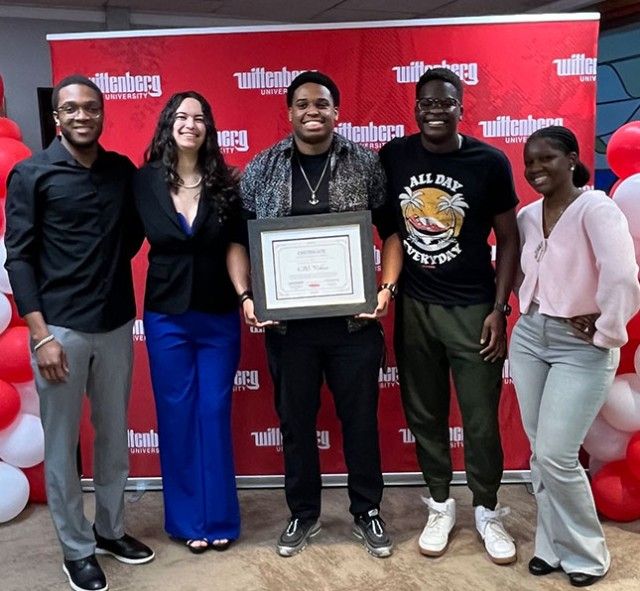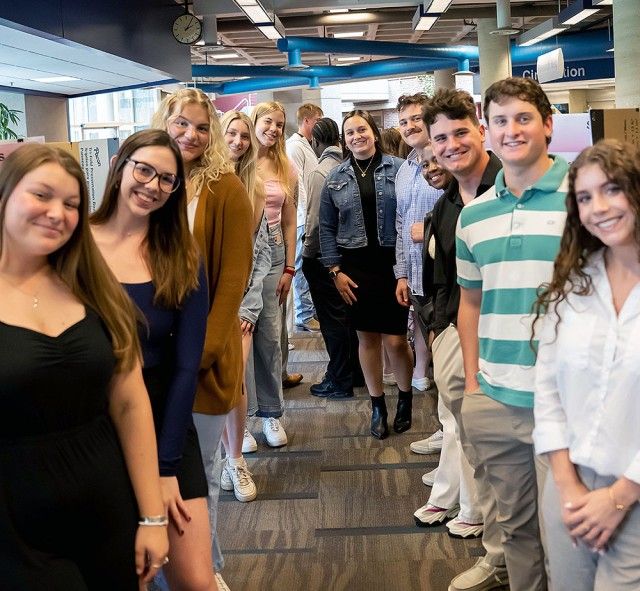SPRINGFIELD, OHIO –– The Wittenberg University Board of Directors, faced with the college’s growing financial uncertainty intensified by the coronavirus pandemic, has taken steps to clear the way for immediate action to achieve financial sustainability.
The Board recently directed President Michael Frandsen and Provost Michelle Mattson to produce an initial plan that addresses those financial needs, including changes to academic policies and practices, for the Board’s review at its upcoming June special meeting. To help clear the way for that plan, the Board also passed a resolution suspending any provisions in the University’s Faculty Manual that might delay the actions needed to achieve financial sustainability.
“We understand that this is a drastic step. The Faculty Manual is an important document that has guided our policies for many years,” said The Rev. Jonathan Eilert, chair of the Wittenberg University Board of Directors. “This is an indication of the seriousness of our financial situation. We need maximum flexibility to enact immediate solutions the University will need to survive.”
Eilert emphasized that, while the Board had to take a formal vote on the Faculty Manual, “We cannot allow other traditional institutional practices to impede the creative approach we need to overcome this and survive.”
Colleges and universities across the country are struggling with similar issues, facing more uncertainty than ever about future revenue streams because of the COVID-19 crisis.
Wittenberg President Michael Frandsen said: “This financial crisis brings an opportunity to rethink everything we do and create a Wittenberg that is both financially healthy and dynamically creative. We must encourage our faculty and staff to accelerate the creative energy that will lead us into a better future.”
Eilert and Frandsen both noted that before the coronavirus struck, the plan that administrative leadership, faculty leaders, and others had been working on to address the financial situation was producing results as enrollment, deposits for new students, and retention of current students all were trending up. Additionally, the March 11 “Commit to Witt” fundraising campaign set records, with almost $500,000 donated that day.
The COVID-19 pandemic, though, brought with it unprecedented uncertainty.
Frandsen announced via video message earlier this week that Wittenberg intends to resume in-person classes this fall.
“That is a sign of hope,” Frandsen said. “Now, we must get to work to overcome the biggest challenge we have ever faced here. The Wittenberg University that survives this challenging period will be much better positioned for the educational needs of our students and their families. We will have gone through the painful process to put our financial house in order.”
“We now have a strong leadership team in place to provide the stability Wittenberg will need. We’re going to tackle these issues, even as all of higher education adapts to the challenges of COVID-19,” Eilert said. “We all love Wittenberg. And we are resolved to do everything necessary to secure its future.”







